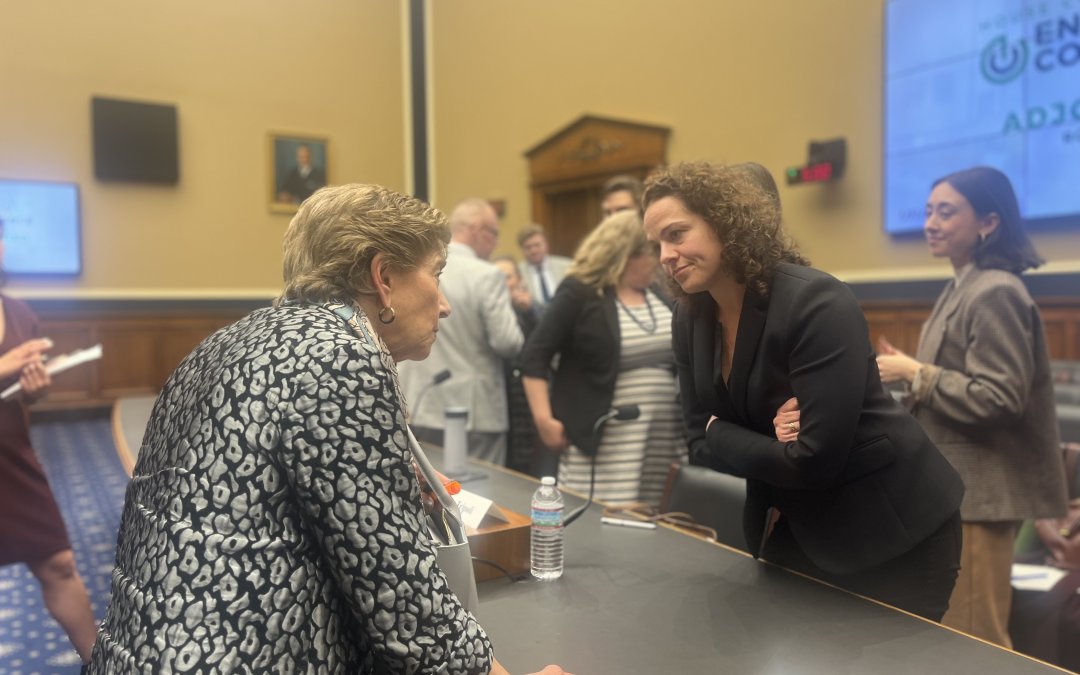WASHINGTON – Health experts on Wednesday urged Congress to take more action to address the growing problem of unaffordable health care and deteriorating quality of care as spending is expected to continue to rise.
Health care spending rates grew 4.1% to reach $4.5 trillion in 2022, averaging to $13,500 per person, according to the Centers for Medicare and Medicaid Services. Conversely, spending on Medicare patients has slowed to the lowest level since 2005.
The problem stems from a “business model that allows industry to set prices that have little to do with the quality of the care they offer,” Sophia Tripoli, who serves as the senior director of health policy at Families USA, a health care nonprofit, said. Tripoli said she blames rising health care costs on rapid consolidation that has eliminated market competition.
Medical price-gouging, Tripoli said, has allowed monopolistic pricing to “push our nation’s families to the brink of financial ruin.”
Rep. Cathy McMorris Rodgers (R-Wash.), chair of the Energy and Commerce Committee, agreed that improving the current health care system is an “important step,” especially with more than 60 percent of Americans living paycheck to paycheck.
“This trend is not sustainable,” McMorris Rodgers said during a hearing organized by the Subcommittee on Health. “We have to find a way to reverse it.”
To address the lack of clarity on costs, the House in December 2023 passed the Lower Costs, More Transparency Act, a bill aimed at increasing price transparency and lowering the cost of prescription drugs.
This legislation “empowers patients to make informed decisions about their care,” said Anna Eshoo (D-Calif.), the ranking member of the Subcommittee on Health.
The bill has not yet been taken up by the Senate. Both McMorris Rodgers and Eshoo said that their work “would not be done” until the bill reaches President Joe Biden’s desk and is signed into law.
“Americans are in an affordability crisis,” Eshoo said. “This affects everyone – no one skates away from this. We’re human beings, [and] our bodies need care.”
McMorris Rodgers called price transparency a “standard” across the health care system, emphasizing its potential to “restore doctor-patient relationships and address what’s driving [health care] costs.”
Other witnesses echoed similar criticisms of the free market that prevents patients from receiving adequate care. Chapin White, director of health analysis at the Congressional Budget Office, urged lawmakers to implement government policies that reduce money paid to hospitals by commercial insurers, leading to cost cuts across the health care sector.
Kevin Lyons, plan administrator for the New Jersey State Policemen’s Benevolent Association, said that the American health care system one of the “least transparent aspects of our economy.”
“We, the everyday Americans, don’t have the deep pockets to lobby Washington,” Lyons told lawmakers. “Yet, our needs and voices are just as important.”
Tripoli also noted the importance of bipartisan cooperation to Congress implementing “common sense policies” that make health care more affordable for patients, employers and taxpayers alike.
“This work is urgently needed,” Tripoli said. “The journey to fully transform our health care system is long, but Congress holds the power to take the next critical steps.”


